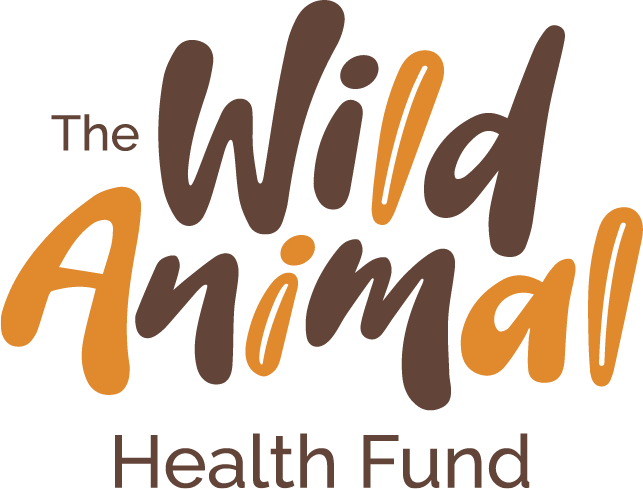2025 Research Projects
Total Amount Funded: $149,835
Your support gives these species a chance.
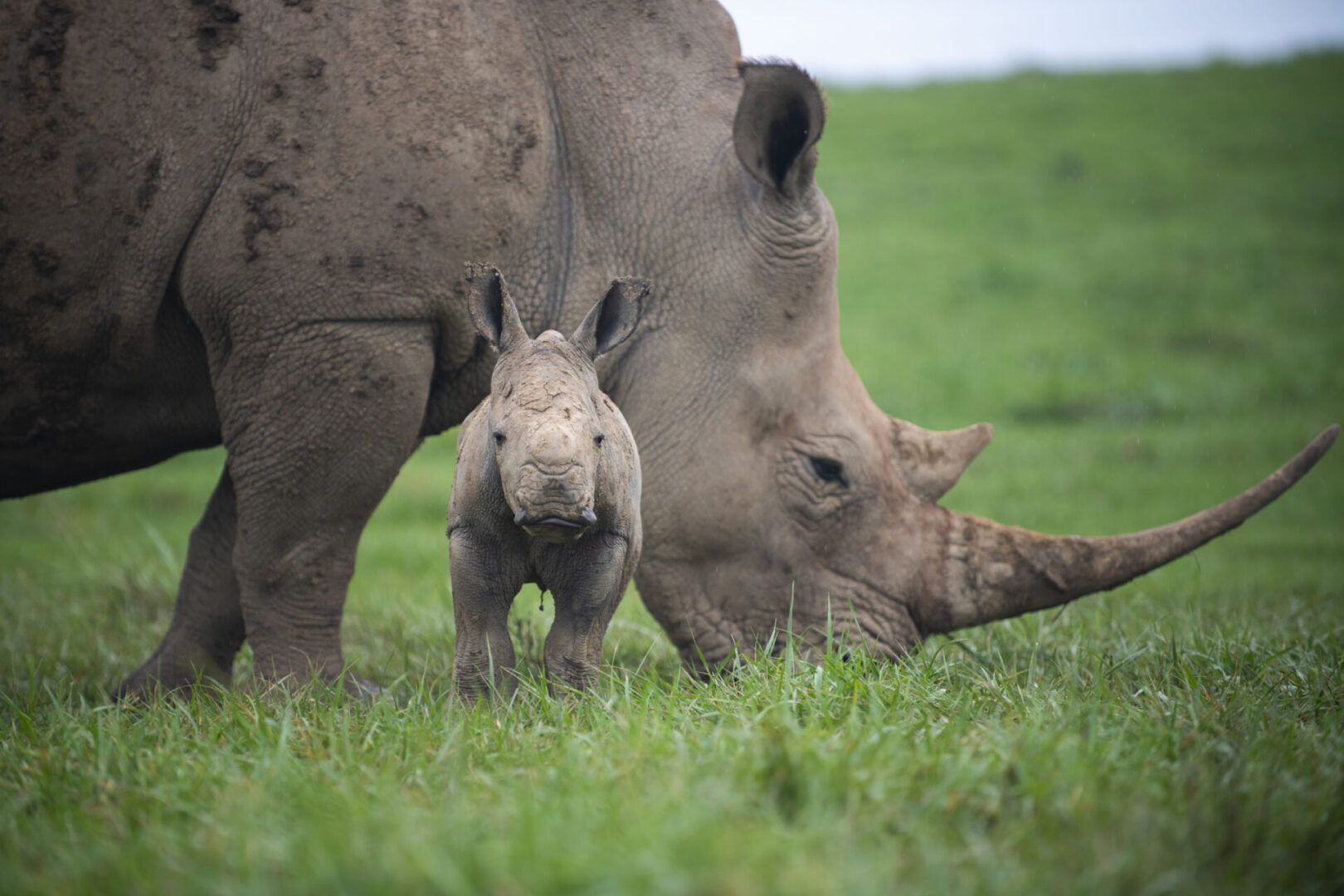
Photo - Grahm S. Jones, Columbus Zoo and Aquarium
Enhancing Reproductive Monitoring of White Rhinoceroses: The Role of Prolactin
White rhinos don’t exactly announce when they’re expecting — which makes early pregnancy (and loss) hard to spot. This study explores whether prolactin, a hormone best known for its role in milk production, could help detect pregnancy sooner and even flag fertility issues in males. The goal is to give zoo vets a new tool for managing rhino reproduction and improving breeding success.
Amount funded: $17,175.00
Epidemiology of Ophidiomyces ophidiicola, Paranannizziopsis spp., and Nannizziopsis spp. in wild snakes in North America
Fungi pose serious risks and death to snake populations and three fungi are now associated with disease in snakes. Currently, three separate tests are needed to diagnose these fungi, but this study will develop a rapid, reliable, and comprehensive diagnostic tool in a single test. This tool will then help investigate the epidemiology of these fungal diseases in wild snakes in North America, helping inform effective management strategies and conservation efforts that preserve biodiversity.
Amount funded: $19,900.00
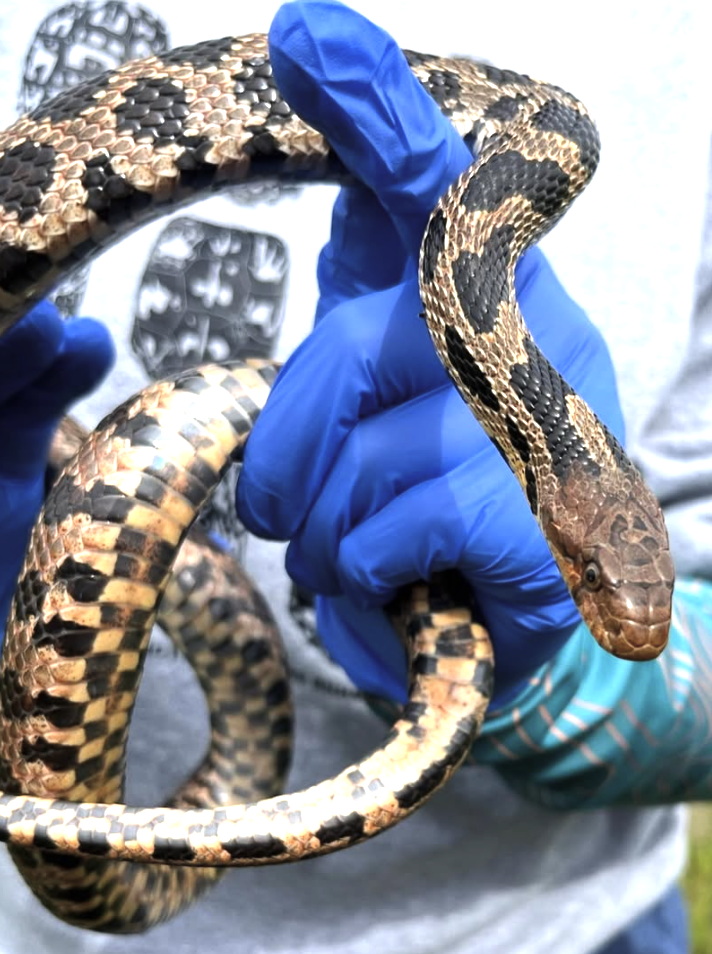
Photo - Wildlife Epidemiology Lab, College of Veterinary Medicine at the University of Illinois
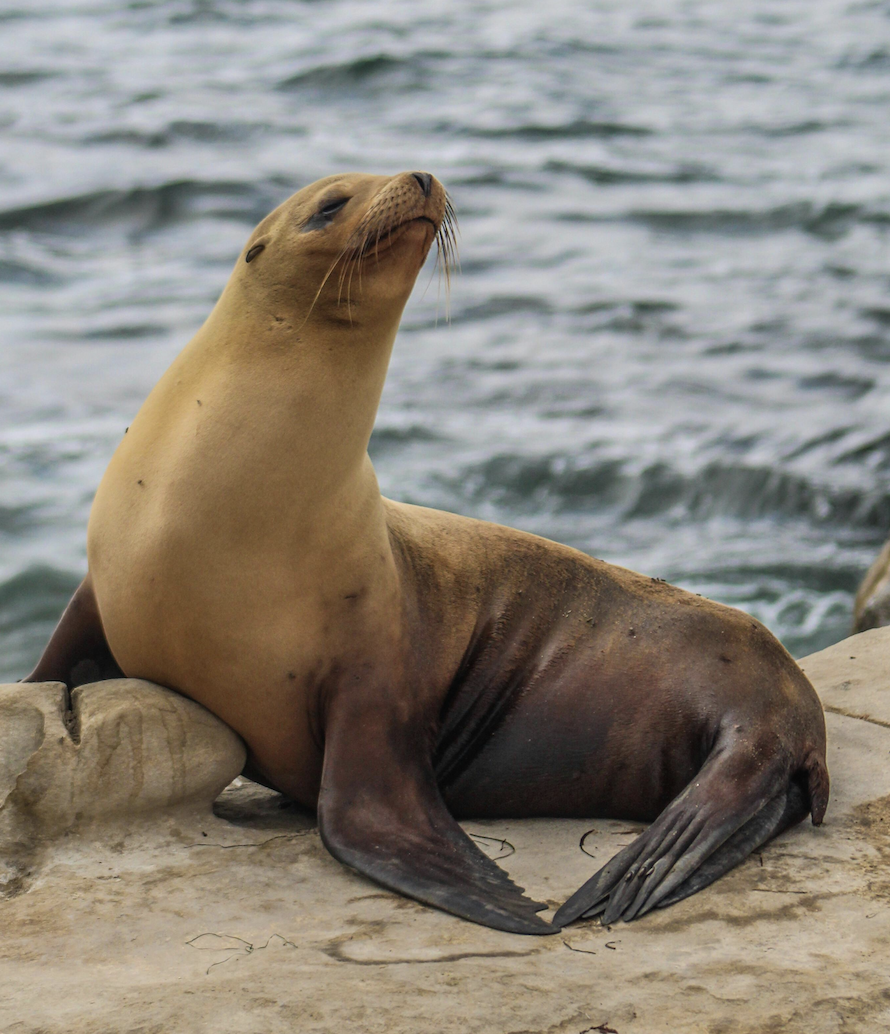
Investigating global DNA methylation in reproductive tissues and cancer in the California sea lion (Zalophus californianus)
This study explores whether exposure to environmental pollutants like DDT and PCBs might cause cancer in California sea lions by altering their DNA in a way that can be passed down through generations. Researchers are examining tissue samples to see if changes in a specific DNA marker, called DNA methylation, are linked to reproductive cancers in both wild and managed-care sea lions. The results could lead to earlier cancer detection and better treatments for these animals.
Amount funded: $7,470.00
Effects of high incubation temperatures in wild birds: linking stress and wildlife health
This project addresses the urgent need to understand how rising temperatures from climate change affect wildlife health and development. Using wild wood ducks in Texas, researchers will study how high incubation temperatures impact duckling health and whether parent ducks adjust their behavior to protect ducklings.
Amount funded: $19,900.00
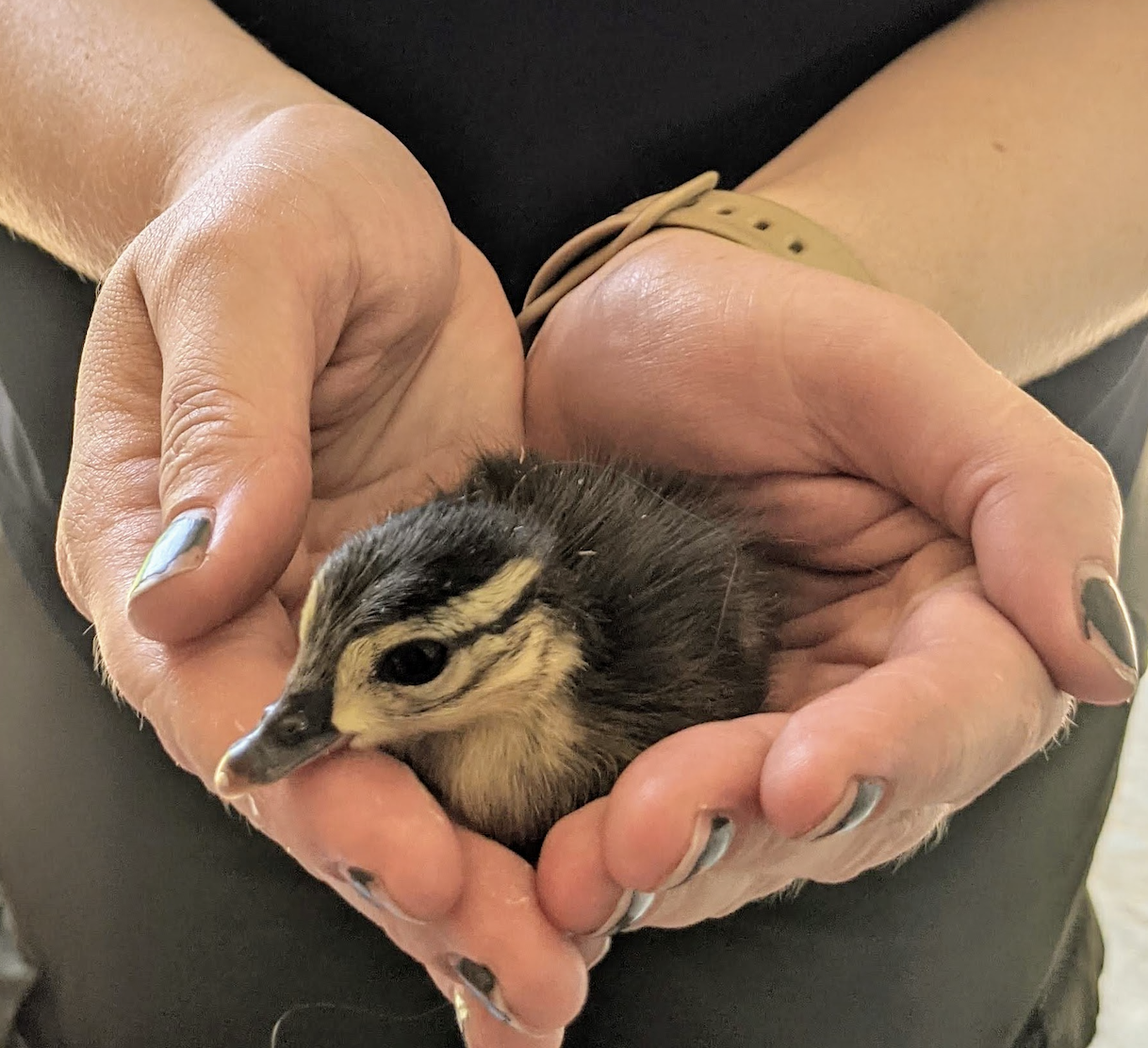
Photo - Jacquelyn Grace
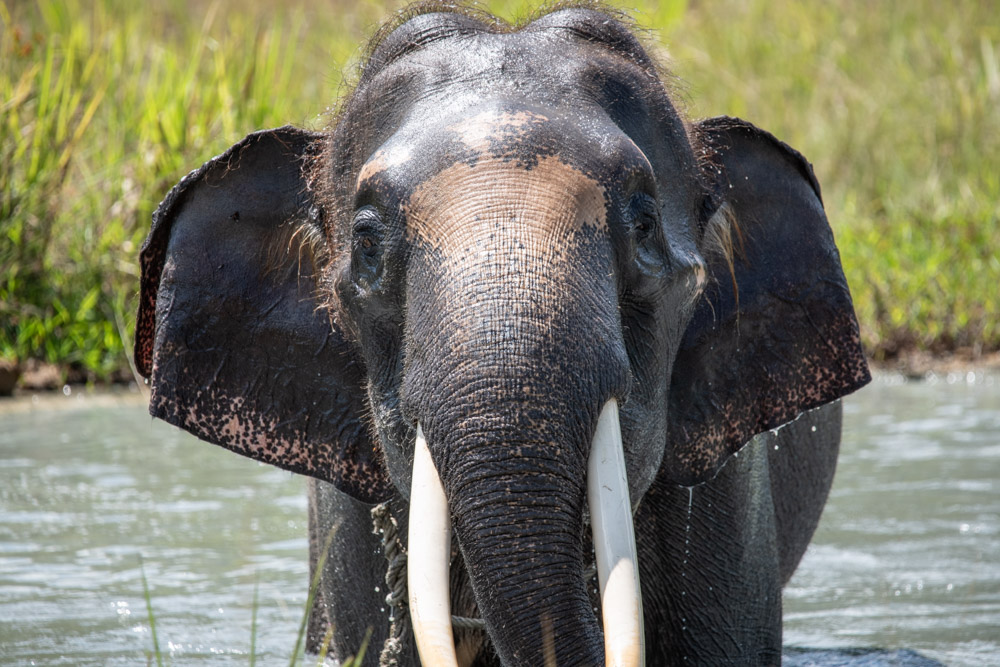
Photo - Oregon Zoo
In vitro investigation of Asian elephant immune responses to tuberculosis infection
Exploring Asian elephant immune responses to tuberculosis using cellular modeling: Tuberculosis in elephants is a reemerging disease that can cause chronic debilitating illness and can spread to people. It is considered a threat to elephant populations both in the wild and under human care. This study will explore the elephant immune response to Mycobacterium tuberculosis infection by using a cellular testing model. Findings may help with identifying elephants at particular risk of infection and developing new treatment approaches.
Amount funded: $20,000.00
Risk factors and psychobiology of abnormal repetitive tail-directed behaviors in zoo-housed non-domestic felids
Tail-directed behaviours in zoo felids: Just like people, animals can sometimes develop compulsive behaviours. In zoo felids, this can appear as excessive licking or sucking of the tail. Our study explores the potential causes and underlying mechanisms of this behaviour, with the goal of improving prevention and care strategies.
Amount funded: $18,600.00
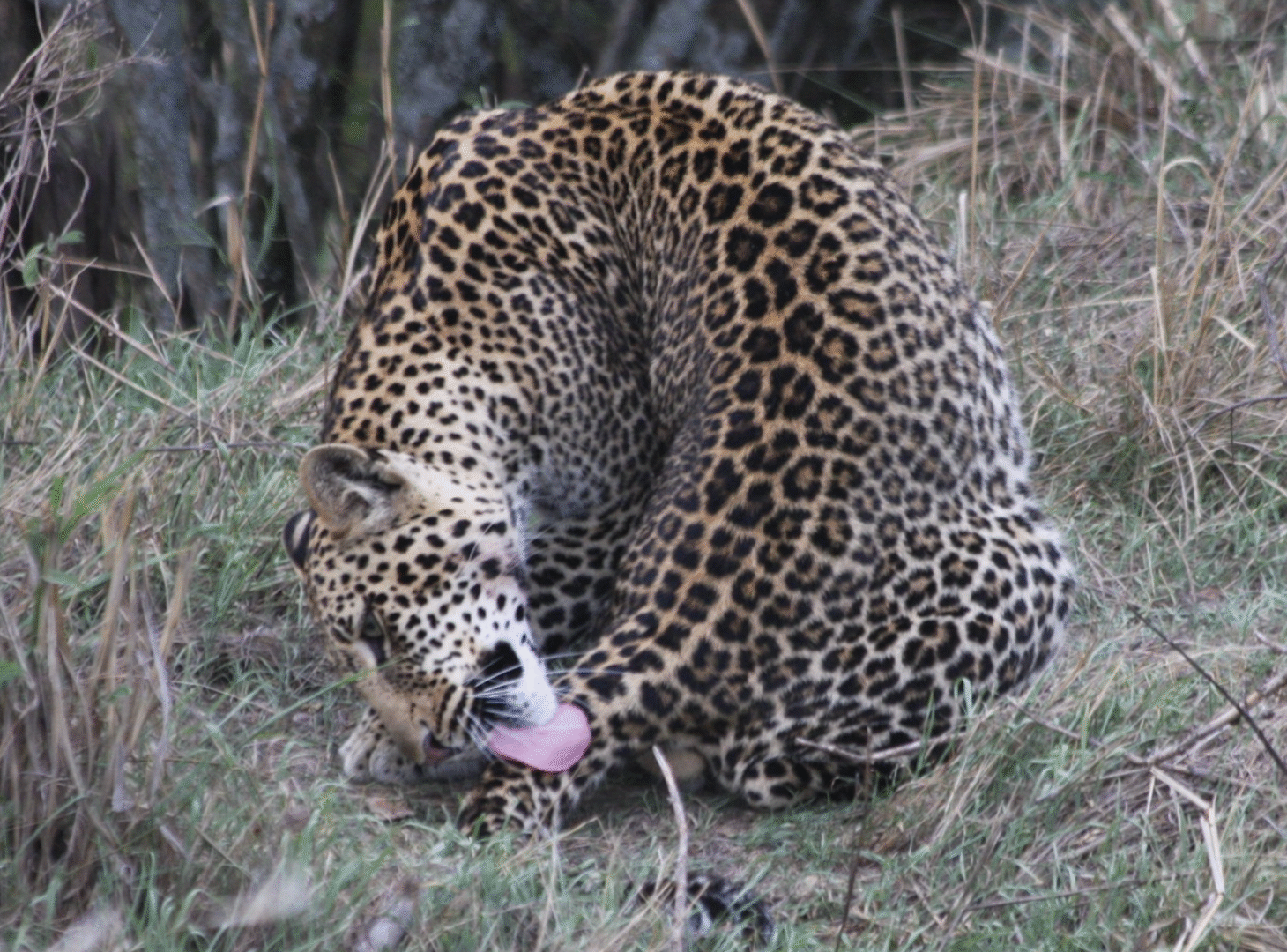
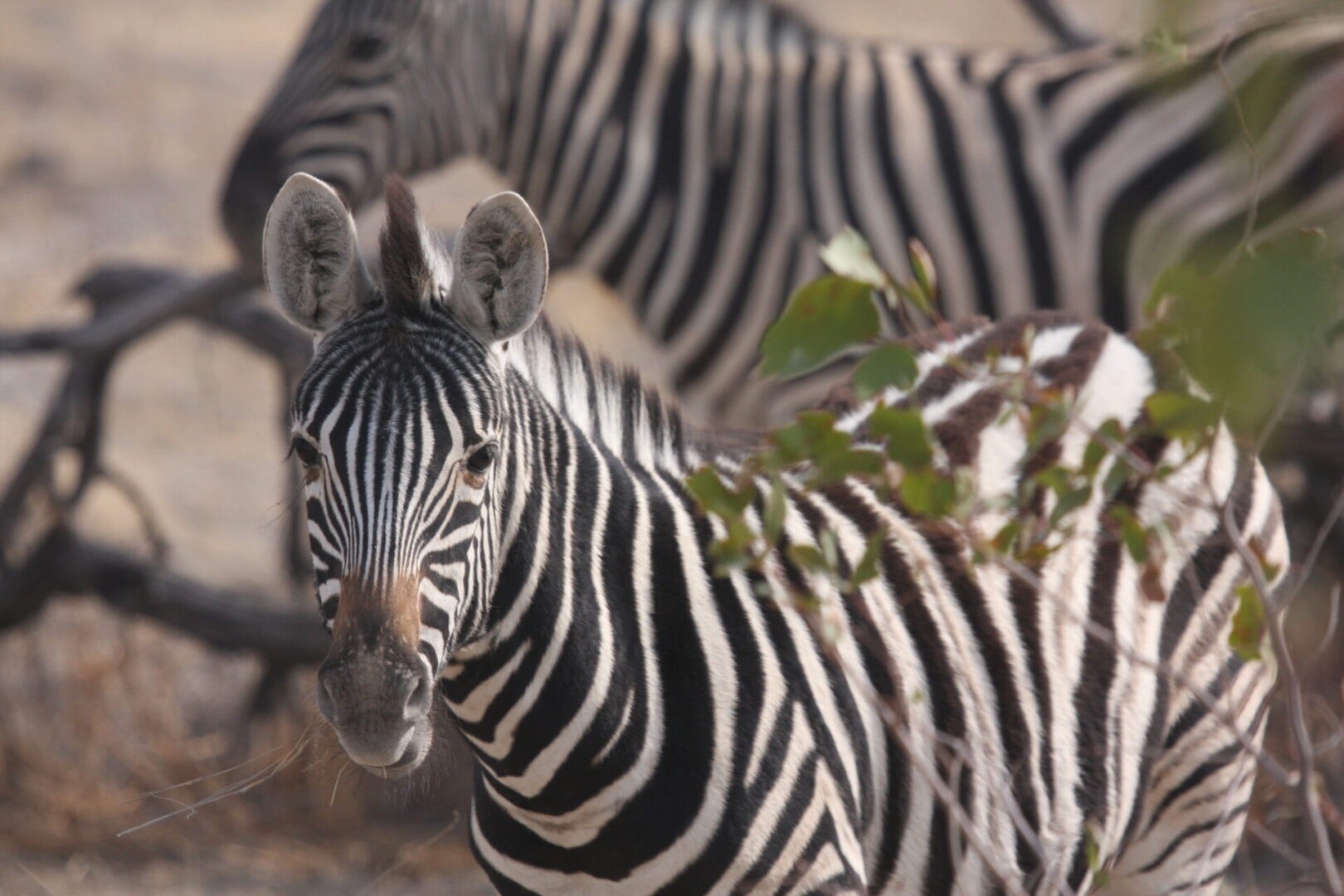
Photo - Ellie Milnes
A randomized controlled clinical trial of three immobilization protocols in zebra (Equus quagga)
Identifying safer anesthetic drug combinations for zebras: Our research group, based in South Africa, works to improve wildlife health and welfare during capture and transportation. Zebras are not just striped horses - we can't use tried-and-tested domestic equine anesthetic protocols when we work with zebras in the field, because we have to administer drugs remotely via dart. In this study, we are testing three different drug combinations to try to establish which is safest for the animals when they need to be captured for veterinary treatments or translocations.
Amount funded: $7,496.00
Optimizing Rhinoceros Translocation: Assessing Stress Responses in a Novel Transport Method
Amount funded: $8,350.00
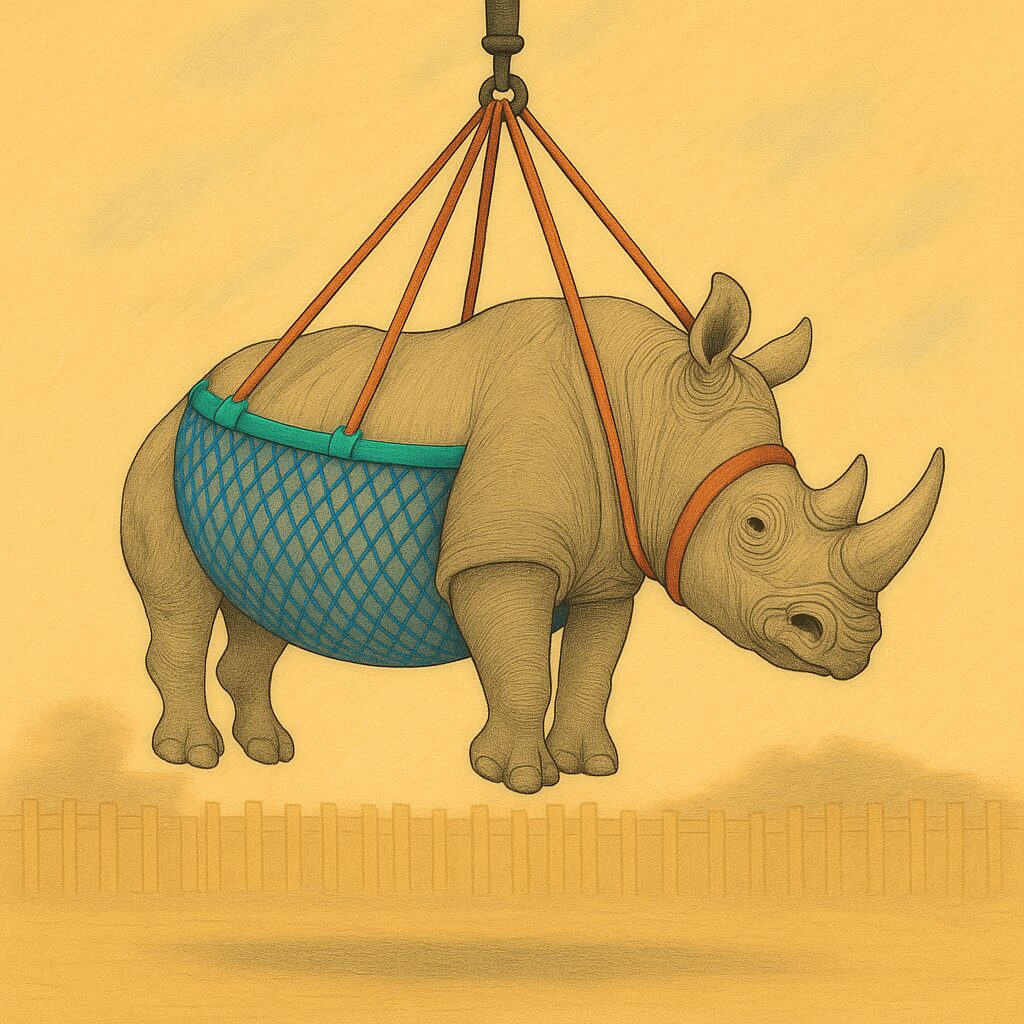
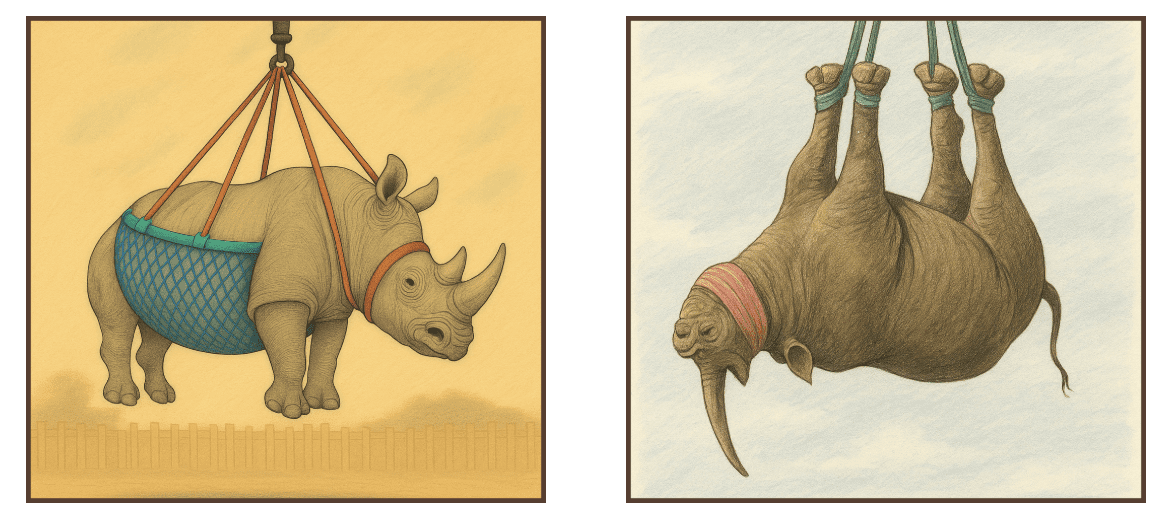
Drawing - Marion Leiberich
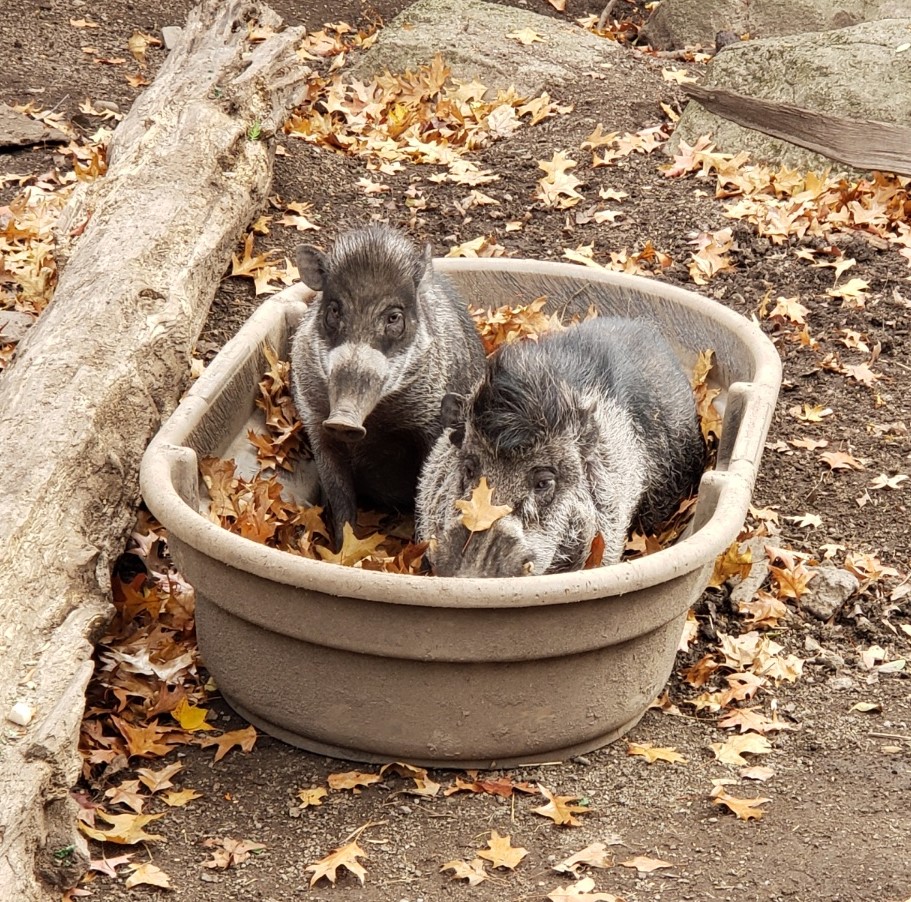
Photo - Jenna Epstein, Erie Zoo
Non-invasive characterization of reproductive hormone levels and estrous cycle length in the critically endangered Visayan warty pig (Sus cebifrons)
Researchers are studying critically endangered Visayan warty pigs in U.S. zoos to better understand their reproductive health and why they aren’t breeding successfully in captivity. By analyzing hormone levels in fecal samples over the course of a year, this non-invasive study aims to uncover patterns in estrous cycles and breeding readiness—laying the groundwork for improved care and conservation efforts.
Amount funded: $19,994.50
Testimonials
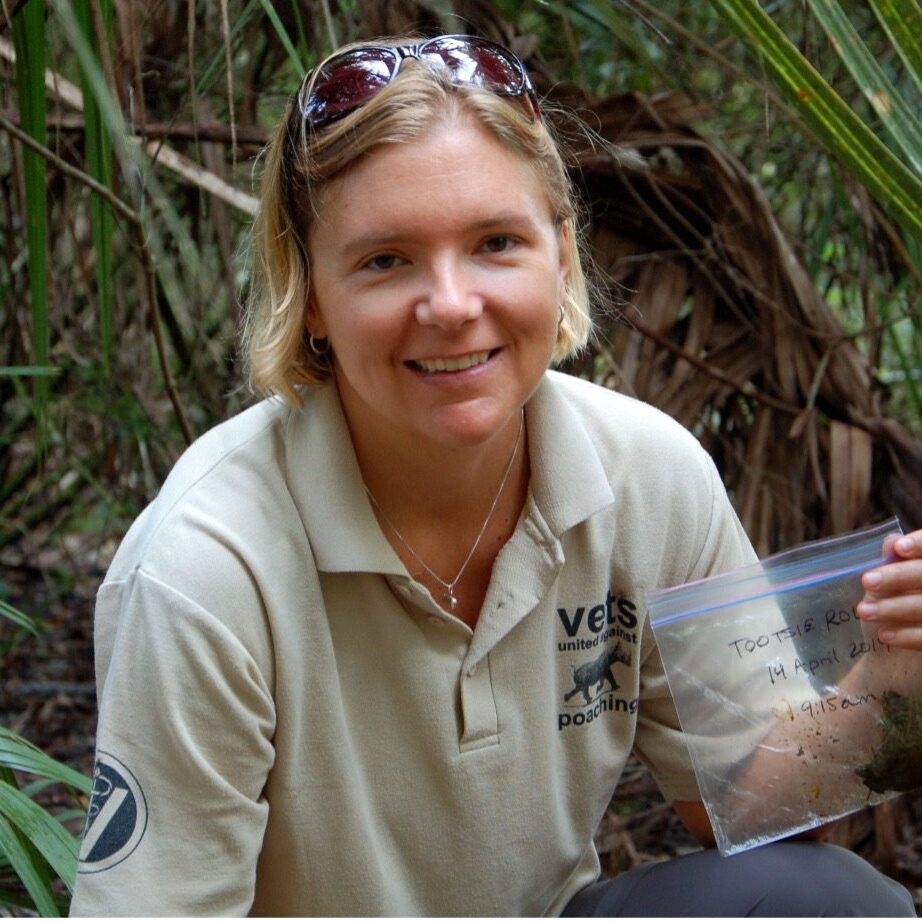
"I would like to express my appreciation to the AAZV Wildlife Health Fund Grant Committee for selecting my project as one of this year's grant recipients. I am excited and honored to have received this award."
Dr. Flacke
SEZARC
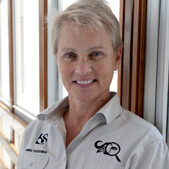
"We are grateful for the funding that has resulted in these important contributions to wildlife health!"
Dr. Michele Miller
Stellenbosch University
